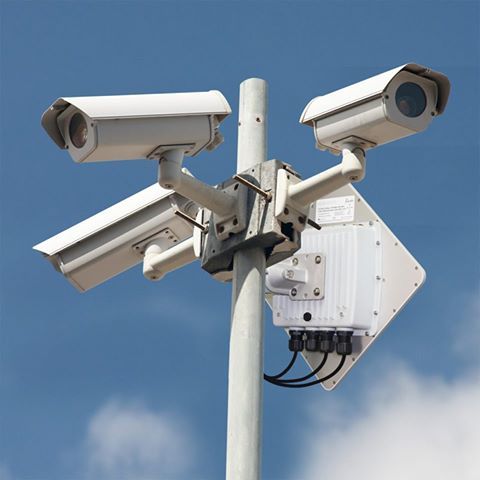Watching Eyes: Contrasting Surveillance Practices in Authoritarian and Democratic Regimes
2023-12-28
Introduction
Surveillance practices, a ubiquitous aspect of the modern world, manifest differently in authoritarian and democratic regimes. While both types of governments leverage surveillance for various purposes, the motivations, scope, and implications can vary significantly. In this blog, we delve into the distinctions between surveillance practices in authoritarian and democratic regimes, exploring how they impact individuals, privacy, and societal norms.
1. Motivations for Surveillance:
Authoritarian Regimes:
In authoritarian regimes, surveillance is often wielded as a tool of control and suppression. Governments seek to monitor and quash dissent, political opposition, and any activities deemed threatening to the regime's stability. The primary motivation is the consolidation and preservation of power.
Democratic Regimes:
In democratic societies, surveillance is typically motivated by the pursuit of public safety and the protection of individual rights. Governments may use surveillance to combat crime, prevent terrorist activities, and ensure the well-being of citizens. The emphasis is often on maintaining a delicate balance between security and respecting individual freedoms.
2. Scope and Extent:
Authoritarian Regimes:
In authoritarian settings, surveillance tends to be pervasive and intrusive. Citizens may be subjected to constant monitoring, with little regard for privacy rights. The state often has broad powers to collect and analyze data, using surveillance to maintain social order and suppress dissent.
Democratic Regimes:
In democracies, surveillance is subject to legal frameworks and checks and balances to prevent abuse. While there are mechanisms in place for maintaining public safety, there are also robust privacy protections. Surveillance is expected to be targeted, proportional, and conducted within the bounds of the law.
3. Use of Technology:
Authoritarian Regimes:
Authoritarian governments often leverage advanced technologies for surveillance, including facial recognition, biometric data collection, and mass data analytics. These technologies are frequently used to identify and monitor individuals, creating a comprehensive surveillance apparatus.
Democratic Regimes:
Democratic societies also employ advanced technologies for surveillance, but with a focus on transparency and accountability. There are efforts to regulate the use of specific technologies to ensure they adhere to ethical and legal standards. Public discourse and debate play a significant role in shaping the acceptable use of surveillance technologies.
4. Secrecy and Lack of Accountability:
Authoritarian Regimes:
Authoritarian governments may operate surveillance programs in secret, with little transparency or accountability. Citizens often have limited recourse against unjust surveillance practices, contributing to a climate of fear and self-censorship.
Democratic Regimes:
In democracies, surveillance practices are expected to be transparent, with oversight mechanisms in place. Courts, independent agencies, and legislative bodies play a crucial role in holding surveillance programs accountable, ensuring that they align with constitutional principles and protect individual rights.
5. Impact on Society:
Authoritarian Regimes:
In authoritarian contexts, surveillance can lead to a culture of fear and mistrust. Citizens may be hesitant to express dissent or engage in political activities due to the fear of reprisals. The lack of privacy and freedom of expression can stifle societal progress.
Democratic Regimes:
In democratic societies, surveillance is intended to enhance public safety while preserving individual freedoms. However, there is an ongoing debate about the potential erosion of privacy and civil liberties, with a constant need to strike a balance between security imperatives and the protection of fundamental rights.
Conclusion
The differences in surveillance practices between authoritarian and democratic regimes highlight the critical role that political systems play in shaping the use and impact of surveillance. While both seek to address security concerns, the methods, motivations, and consequences underscore the importance of governance, accountability, and respect for individual rights in shaping surveillance practices within a society. As technology continues to advance, the ongoing challenge lies in navigating the complex terrain of surveillance while upholding the principles that form the foundation of democratic societies.



